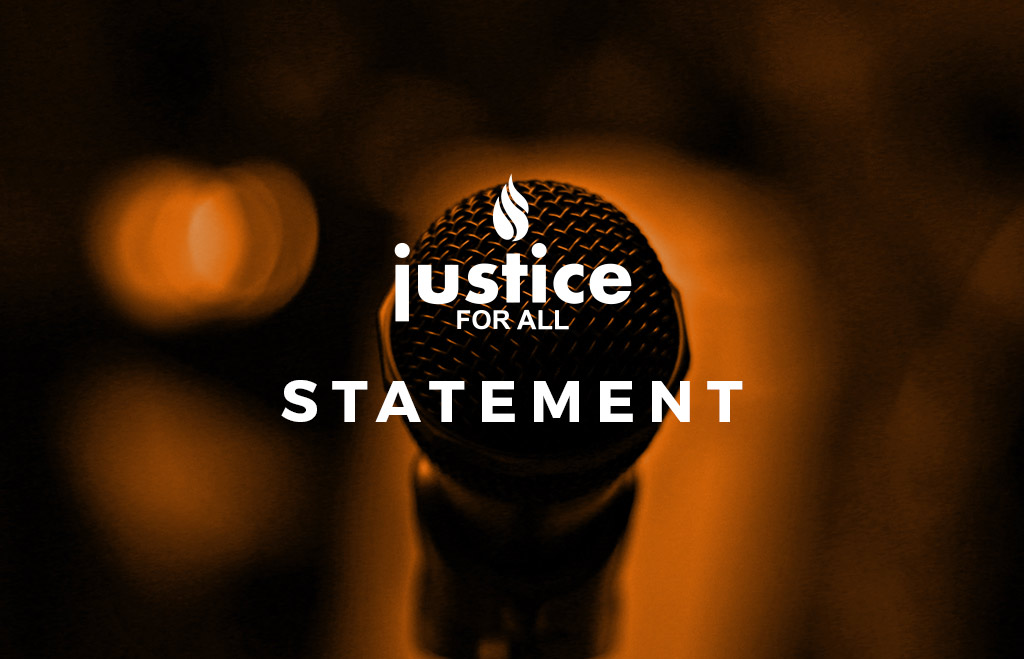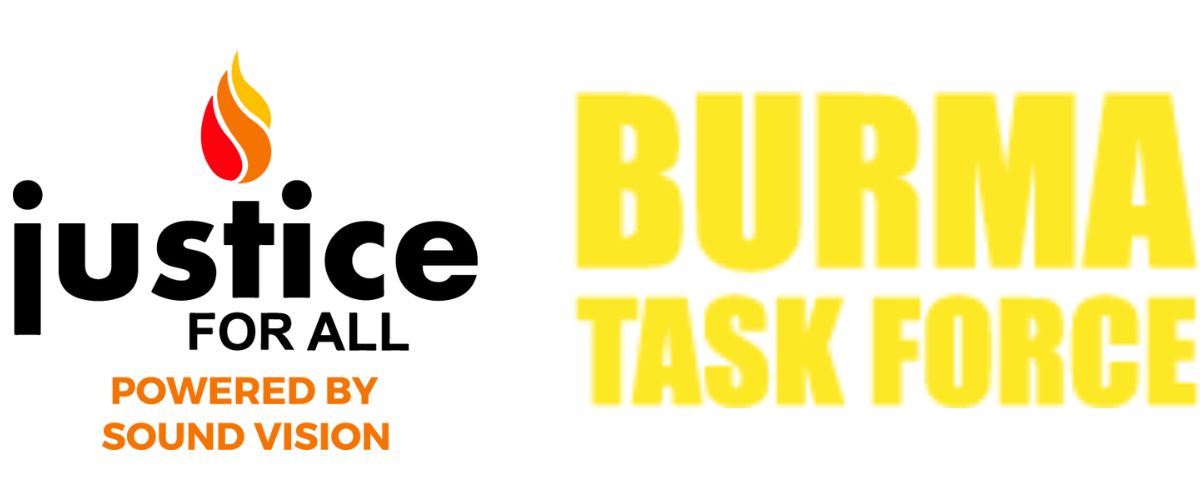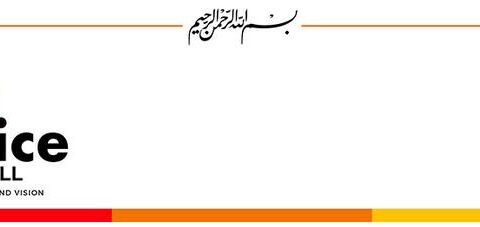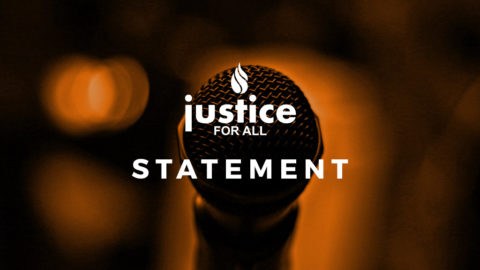September 19, 2025 Justice For All acknowledges the recent vote by the United Nations General…

Justice For All Condemns Israel’s Unprovoked Attack on Iran and Continued Violations of International Law
June 18, 2025
Justice For All strongly condemns Israel’s large-scale military assault on Iran, launched on June 13, 2025, while continuing its ongoing genocide against Palestinians in Gaza, unlawful property seizures in the West Bank, and continued aerial bombardments in Syria and Lebanon. Anti-war experts debate whether or not Israel’s strike is a preventive or preemptive attack. It is clear that while a preemptive strike is considered a permissible form of self-defense under international law, such a strike requires that the threat was imminent, which does not apply in this case. Preventive strikes, which aim to stop a possible future threat, are prohibited under international law. Under Article 51 of the U.N. Charter, the right to self-defense applies only in response to an armed attack. Be it an alleged preemptive strike, or a preventative attack, Israel’s actions are illegal under international law.
This escalation echoes the lead-up to the 2003 invasion of Iraq, where unverified claims about weapons of mass destruction were used to justify a preventive war with catastrophic human consequences. Today, as civilians in Tehran and Tel Aviv seek shelter or flee, Palestinians in Gaza remain trapped under blockade with no route to safety. Once again, those already under siege are left to absorb the worst of the violence.
Israel’s Attack Constitutes a Violation of International Law
Israel’s attack on Iran constitutes a flagrant violation of international law, including the crime of aggression as defined under Article 8 of the Rome Statute. The crime of aggression refers to the planning, preparation, initiation, or execution of an act of aggression that violates the United Nations Charter. The unprovoked act of hostility and bombardment by the armed forces of a State (Israel) against the territory of another State (Iran), lacking U.N. Security Council authorization, qualifies as an act of aggression under this statute.
Additionally, Israel’s actions violate Article 2(4) of the U.N. Charter, which prohibits the use of force against the sovereignty, territorial integrity and political independence of another state. Israel has invoked the principle of preemptive self-defense, though it is legally inapplicable since Iran had not launched an imminent attack.
Israel’s use of force violates international humanitarian law, particularly the Geneva Conventions, which prohibit attacks on civilian infrastructure and personnel. Reports indicate that Israel’s strikes targeted nuclear facilities, scientists and even a children’s hospital, causing collateral damage and disproportionate harm to civilians, raising concerns under the principle of distinction, which requires combatants to differentiate between military targets and civilians. The principle of proportionality also forbids excessive civilian harm in relation to any anticipated military advantage, making Israel’s actions a potential war crime under Article 8 of the Rome Statute.
Further, International Atomic Energy Agency (IAEA) regulations and international nuclear safety protocols prohibit military strikes on nuclear facilities due to the catastrophic risks they pose to civilians and the environment. The IAEA’s May 2024 report did not confirm that Iran poses an imminent nuclear weapons threat. While the report raised concerns about transparency, it explicitly stated there was no credible evidence of an active weapons program (GOV/2024/34, para. 79). Attacks on nuclear sites can lead to radiation leaks, contamination of water sources, and long-term ecological damage, violating global commitments to nuclear safety and environmental protection. The Convention on Nuclear Safety and IAEA guidelines emphasize the need to safeguard nuclear installations from military aggression to prevent humanitarian and environmental disasters. Furthermore, striking of nuclear sites violates the guarantees and right to a safe environment under the International Covenant on Economic, Social and Cultural Rights (ICESCR).
As a U.S.-based human rights organization, Justice For All is particularly alarmed that these actions are being carried out with the billions in American taxpayer funding sent annually to Israel. Such conduct erodes international law and threatens the credibility of governments that enable such actions. Given these violations, the international community must uphold legal accountability and reaffirm the principles of sovereignty and non-aggression to prevent further destabilization in the region.
Recommendations
Justice For All urges the U.S. government to stop sending weapons and funds to Israel in violation of international law. Any continued support must be conditioned on compliance with international law. Justice For All calls for an immediate ceasefire in Gaza, Iran and the region.
As Israel continues to carry out preventive attacks, the international community must hold Israel accountable under international law. The U.N. Security Council must unequivocally condemn Israel’s aggression. The U.N. General Assembly must step in if they fail to do so, under Uniting for Peace. Failure to act will further erode the rules-based order, emboldening unilateral militarism at the expense of global peace and stability.
Justice For All stands with Iranian civilians and demands justice, accountability and the restoration of basic human dignity.


